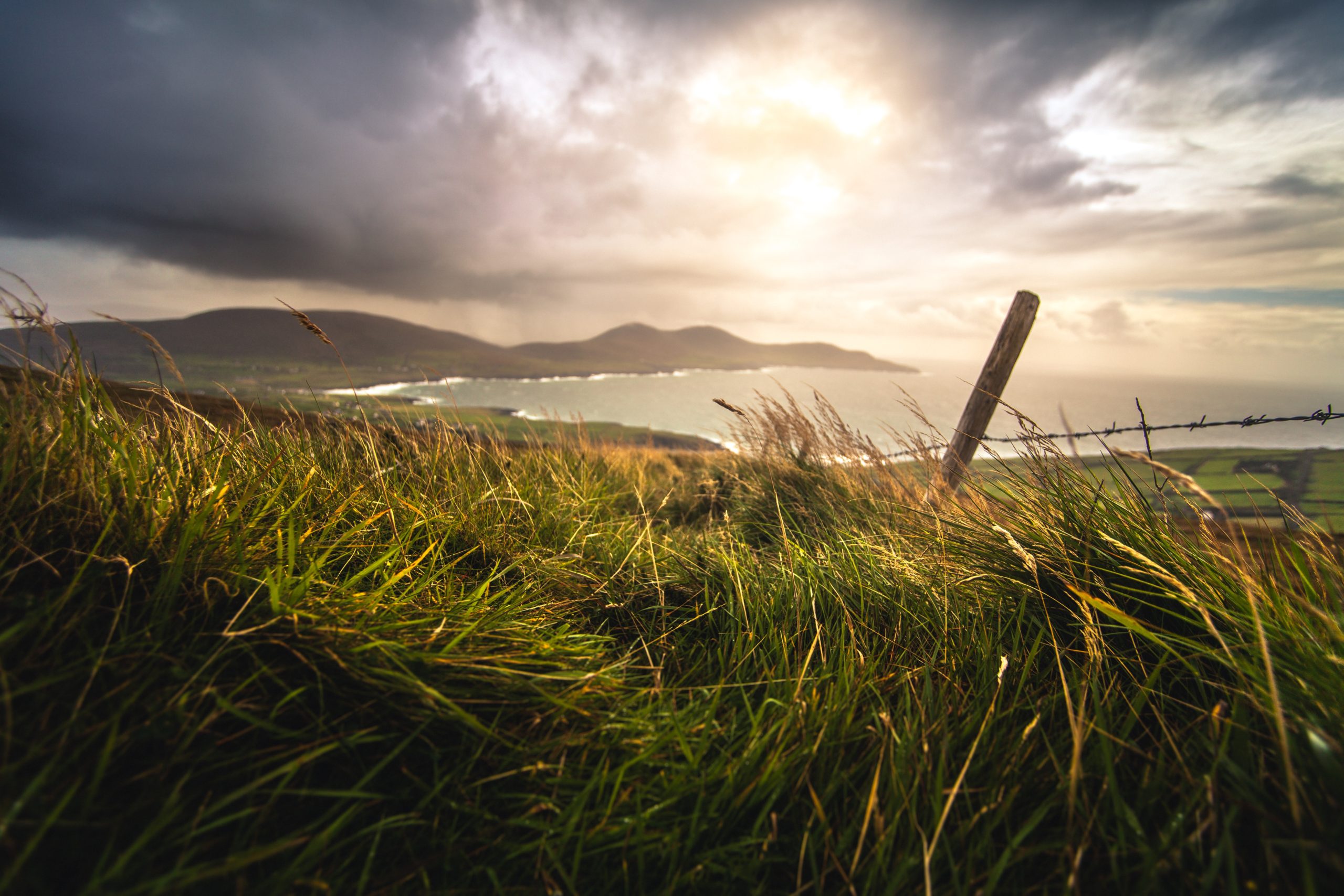Conservation groups warn renewable energy drive must avoid further impact on biodiversity crisis

Birdwatch Ireland has announced a warning to the Government and wind farm developers of the potential risk of creating a biodiversity crisis in regards to its focus on renewable energy.
Featured in the Time Ireland reports, Oonagh Duggan, the assistant head of advocacy at Birdwatch Ireland explained that the anticipated rise of renewable energy will not be sustainable if it causes the forecasted impact on biodiversity.
At the latest Wind Energy Ireland conference, Duggan highlighted that Birdwatch is supportive of climate action and recognises that climate breakdown is critical and that Ireland needs to reach its 2030 targets. However, Duggan points out that the nation has declared a biodiversity crisis as well as a climate crisis. Recent figures released by Birdwatch show that a total of 54 Irish bird species (over 25%) are now categorised as being on the red list, which represents the highest level of concern for their populations.
This list includes 23 new entries, such as the kestrel, a bird of prey, the puffin, razorbill and the kittiwake.
The main threats to birdlife are related to the loss and fragmentation of habitats, continued disturbances, poisoning and persecution, which Duggan believes is being driven by policies that are not moving in the right direction. One factor highlighted by Birdwatch is the growth of renewable energy infrastructure, which represents another challenge for the local biodiversity, creating obstructions, displacement and overall habitat loss.
A bird wind sensitive mapping tool for onshore wind has been developed by Birdwatch Ireland and shared with local councils, yet the organisation suggests that uptake of the service has been relatively low. The group also emphasise the need to ensure the protection of marine areas before the progression of renewable energy.
Dale Rodmell of the National Federation of Fishermen’s Organisations (NFFO) stated at the conference that Ireland could learn from the British model and create a liaison group between the fishing industry and the renewables sector. This group has created a best practice guidance on fisheries liaisons, including information on disruption settlements and community funds. New measures will focus on the interaction between fisheries and cables in terms of overall planning and mitigation. Applying this two-way communication process is important, enabling co-existence and any challenges to be tackled early in the planning stages.
Offshore wind development comes with several potential risks for the fisheries industry but can be rectified with inclusive planning and ensuring wind farms provide sufficient space. Managing the relationship between coastal communities by creating agreed protocols and incorporating community benefit plans such as increasing the funding for marine research is critical.